Jeff Gibbard and Sara Ohanesian are back on the podcast to discuss ADHD and the myths surrounding productivity and focus.
Many people with ADHD have let Tick Tock, Twitter, and Instagram influence how they think about their behaviors and habits. Especially when it comes to strategies and tactics for being productive and focused. To be direct, we let others on social media tell us what works and doesn’t. When in fact, those with ADHD need to try a variety of these tactics to find out what works for us and our personal circumstances.
We discuss the following in this podcast about productivity and ADHD.
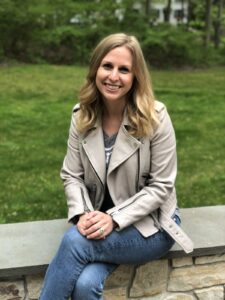 First, why do we let outside influences dictate our abilities? And have some of us just made up our minds?
First, why do we let outside influences dictate our abilities? And have some of us just made up our minds?

We discuss why we need to be curious and not dismissive of productivity tactics. One tried, and true way is to break projects down into small chunks and learn about the different systems that allow us to complete these projects.
We talk about paying attention to what is working for you as a person with ADHD and what it feels like. We talk about paying attention to your reactions and when you try a certain productivity technique, try to understand if you like it or do not like it.
In the podcast covers so much more regarding myths about ADHD and productivity. Stay with it until the end because this podcast offers many great tips.
If you have your mind made up about the productivity techniques that are working or not working for you, this podcast will change your mind.
Find Jeff and Sarah here: https://getsuperproductive.com/

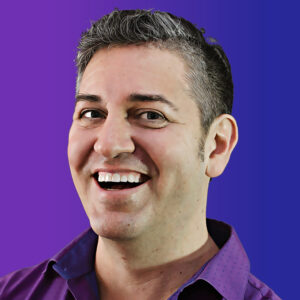 Grant also talks about how your routine could change because of a different schedule, and the need for different types of communication and real-time interaction.
Grant also talks about how your routine could change because of a different schedule, and the need for different types of communication and real-time interaction.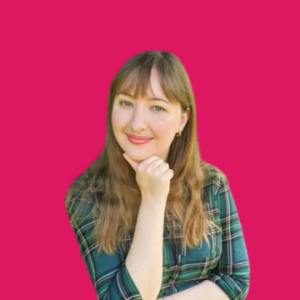 Many people with ADHD feel they are stuck but Skye is a doctoral candidate. She is living proof that people with ADHD can thrive and achieve the goals they want. She discusses briefly how she has been able to navigate school and other life commitments to get to this point in her life.
Many people with ADHD feel they are stuck but Skye is a doctoral candidate. She is living proof that people with ADHD can thrive and achieve the goals they want. She discusses briefly how she has been able to navigate school and other life commitments to get to this point in her life.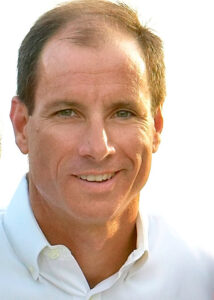 Jeff Copper and Dave talk about what it takes to actually be in charge of your ADHD and take ownership of it.
Jeff Copper and Dave talk about what it takes to actually be in charge of your ADHD and take ownership of it.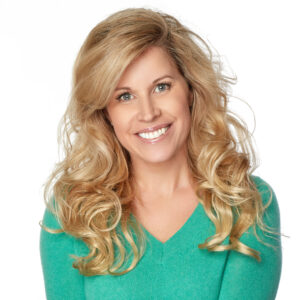 Laura takes time to explain the core differences between trying harder and trying differently and Dave and Laura even pull the phrase apart “try harder” to understand what it actually means.
Laura takes time to explain the core differences between trying harder and trying differently and Dave and Laura even pull the phrase apart “try harder” to understand what it actually means. Casey talks about what she classifies as a high achiever including some specific careers as well as some specific traits when it comes to those that are driven to succeed.
Casey talks about what she classifies as a high achiever including some specific careers as well as some specific traits when it comes to those that are driven to succeed.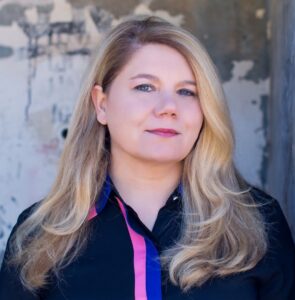 Dr. Lara Talks about how addictions such as those with alcohol and other substances not only affect those with ADHD to a greater percentage but how they have increased during the past two years of the pandemic. Lara talks about how prevalent addiction is in the ADHD community as well as why we’ve seen the increases recently.
Dr. Lara Talks about how addictions such as those with alcohol and other substances not only affect those with ADHD to a greater percentage but how they have increased during the past two years of the pandemic. Lara talks about how prevalent addiction is in the ADHD community as well as why we’ve seen the increases recently.